Ensuring that your feline friend is consuming fresh and healthy food is crucial. Unfortunately, accidents can happen, and sometimes, our cats may eat spoiled wet food.
So what happens after my cat ate spoiled wet food? Within approximately an hour, your cat may start feeling unwell, experiencing symptoms such as vomiting, high body temperature, diarrhea, tremors, and panting.
Read on to learn about the common signs and symptoms that indicate your cat has eaten spoiled food, the necessary steps to take after such an incident, and valuable tips on preventing it from happening again.
Cat Ate Spoiled Wet Food: The Consequences
Within an hour, your cat may begin to feel unwell. Consuming spoiled wet food can introduce harmful bacteria and toxins into their system, leading to various health issues.
In most circumstances, your cat will be healthy again after several days. However, in extreme cases, it can even result in serious illnesses such as:
- Listeriosis
- Botulism
- Salmonellosis
Apart from these illnesses, there are several signs and symptoms to look out for. These indicators can vary in severity depending on the extent of the contamination and your cat’s response. They include the following:
- Vomiting: A common initial reaction when a cat consumes spoiled wet food is vomiting. My cat, Muezza, vomited several times after accidentally eating spoiled food. This is the body’s natural way of expelling harmful substances.
- High body temperature: An elevated body temperature, known as hyperthermia, can indicate that your cat’s immune system is responding to the ingested toxins.
- Diarrhea: Another typical symptom is diarrhea. The body attempts to flush out the harmful substances through increased bowel movements.
- Tremors: Your cat may experience trembling or involuntary muscle contractions due to the adverse effects of the spoiled food on its nervous system.
- Panting: Unusual panting or rapid breathing can be observed, indicating discomfort or distress caused by the toxic substances.
- Hyperactivity and agitation: Cats may exhibit restlessness, increased activity levels, and heightened agitation as their body attempts to cope with the effects of the spoiled food.
- Convulsions: In severe cases, ingesting spoiled wet food can lead to convulsions or seizures. This is a serious condition that requires immediate veterinary attention.
What To Do After Your Cat Eats Spoiled Wet Food (5 Important Steps)
Taking prompt action is crucial if you suspect your cat has consumed spoiled wet food. Here is what you should do in case your cat eats spoiled food.
Step 1
Assess Your Cat’s Condition
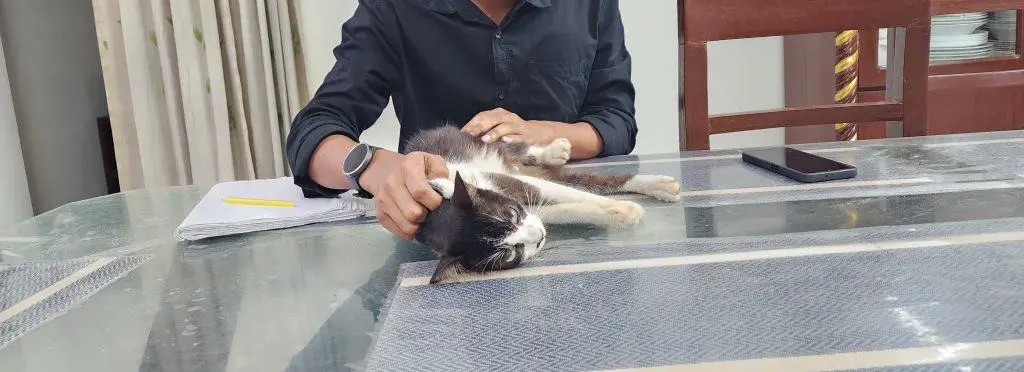
The first step after your cat consumes spoiled wet food is to assess its condition.
Observe your cat closely for any signs of distress or discomfort. Pay attention to the severity and duration of the symptoms. Mild symptoms may subside independently, but if they worsen or persist, it’s essential to take immediate action.
Step 2
Provide Proper Hydration
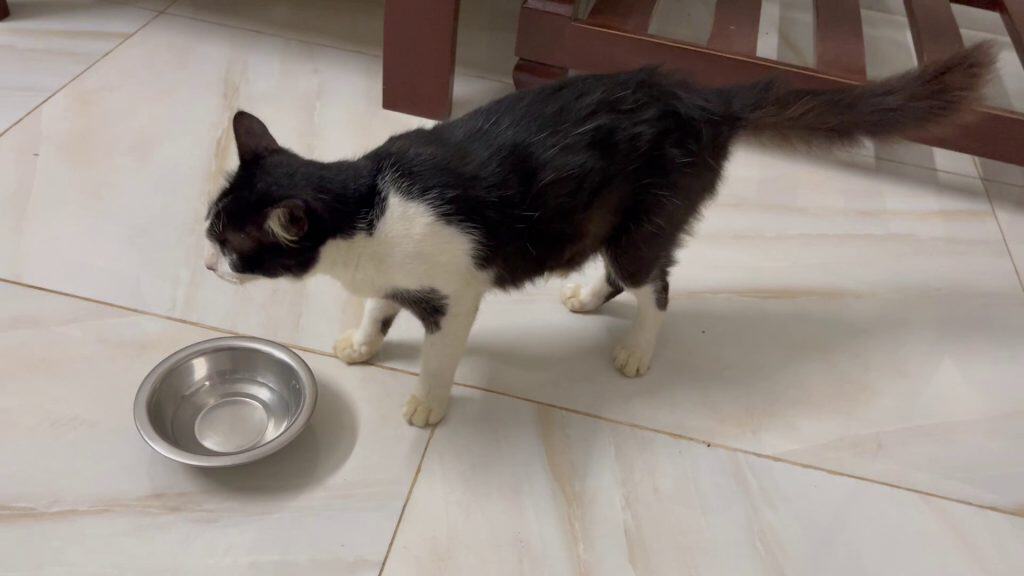
Ensuring your cat stays hydrated is crucial during this time. Offer fresh water to hydrate your cat and help flush out toxins. When Muezza got sick from food poisoning, the water I gave her helped to alleviate the symptoms. She was back to her usual self in under 3 hours!
Step 3
Monitor Your Cat’s Progress
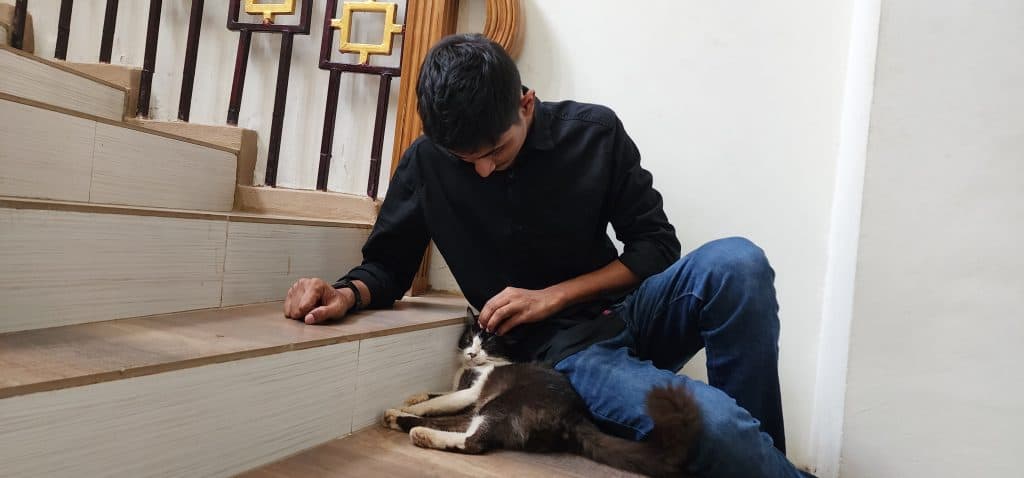
Keep a close eye on your cat’s progress and monitor any changes in its condition. Note the frequency and severity of symptoms, improvements, or any new symptoms that may arise. If you notice your cat worsening after several hours, seek professional advice.
Step 4
Contact Your Veterinarian
If your cat exhibits moderate to severe symptoms or if you have any concerns about its health, it’s crucial to contact your veterinarian.
Explain the situation and provide details about the symptoms your cat is experiencing. The veterinarian will guide you through the next steps and may recommend bringing your cat in for a thorough examination.
Step 5
Avoid Self-Medication
While it might be tempting to administer over-the-counter medications or remedies, it’s important to avoid self-medication. Certain human medications can be toxic to cats and may worsen the situation. Only use medications or treatments prescribed or recommended by your veterinarian.
How Long Can You Leave Wet Food Open Before It Spoils?
It’s important to understand how long you can leave food out before it spoils to prevent your cat from consuming spoiled wet food in the future.
Generally, wet food should not be left at room temperature for more than 1 to 2 hours. After this time, bacteria can multiply rapidly, leading to spoilage and potential health risks. It’s advisable to remove any uneaten wet food and discard it after this time frame to ensure your cat’s safety.
How Can You Tell If The Wet Food Is Bad?
Recognizing the signs of spoiled wet food is essential for maintaining your cat’s well-being. Here are a few indicators that can help you determine if the wet food has gone bad:
- When your cat refuses to eat it: Cats have a keen sense of smell and instinctively avoid consuming spoiled food. My Muezza can often tell if her food is spoiled by just smelling it. If your cat refuses to eat its wet food, it could indicate that it has detected something wrong.
- Mold or insect development: Inspect the wet food for any signs of mold growth or insect infestation. These are clear indicators that the food has deteriorated and is no longer safe for consumption.
- Foul odor: Spoiled wet food emits a distinctively unpleasant odor. If you notice an abnormal or foul smell emanating from the food, it’s a clear sign that it has gone bad.
Factors That Affect Spoiling Time of Wet Food
Several factors can influence the time it takes for food to spoil. It’s essential to consider these factors to ensure that you’re providing your cat with fresh and safe food:
- How humid it is: Higher humidity levels can accelerate the growth of bacteria and mold, increasing the risk of food spoilage. Store wet food in a cool, dry place to minimize the effects of humidity.
- How hot it is: Heat promotes bacterial growth, potentially leading to faster spoilage. Avoid leaving wet food exposed to high temperatures; consider refrigerating it if necessary.
- Where you placed it: The location where you store the wet food significantly determines its shelf life. Choose a cool, dark, and well-ventilated area to store the food and extend its freshness.
Preventing Your Cat from Eating Spoiled Wet Food
To prevent your cat from consuming spoiled wet food in the future, follow these preventive measures:
- Store wet cat food properly: Keep opened cans of wet food refrigerated and covered to maintain freshness. Avoid leaving wet food out at room temperature for extended periods.
- Check expiration dates: Always check the expiration dates on wet cat food cans before feeding your cat. Discard any expired or spoiled food.
- Pay attention to your cat’s appetite: If it consistently refuses to eat its wet food, consider switching to smaller portions or refrigerating leftovers for later use to minimize waste.
- Regularly clean feeding bowls: Clean your cat’s food bowls regularly to prevent the growth of bacteria and mold that could contaminate the food.
Implementing these preventive measures can help ensure your cat’s meals are safe and free from spoilage, promoting its overall health and well-being.
FAQs
Here are a few more related questions you may be asking yourself now.
Q1: Can cats tell if their food is spoiled?
No, cats cannot tell if their food has gone bad. However, they have a highly developed sense of smell and can often detect when their food is not right. Cats may refuse to eat if the food has gone bad or is contaminated.
Q2: Will cats eat spoiled food?
It’s not uncommon for cats to be more discerning about the freshness of their food. However, some cats may still consume spoiled food if they are extremely hungry or if the spoilage is not easily detectable.
Q3: How long does cat food poisoning last?
The duration of cat food poisoning can vary depending on factors such as the contamination’s severity and the cat’s overall health. In mild cases, the effects of cat food poisoning typically last around 1 to 2 days. However, more severe cases may require intensive treatment, which can extend the recovery period.
Conclusion
If your cat ate spoiled wet food, closely monitor their condition for any signs of gastrointestinal distress or other symptoms. Cats possess digestive systems that are generally equipped to handle certain amounts of spoiled food. So, after a while, your cat should be okay.
However, contacting a veterinarian is highly recommended if you observe persistent or worsening symptoms. The vet will provide professional guidance and appropriate treatment if needed. Remember, the health and safety of your pet should always be the top priority.
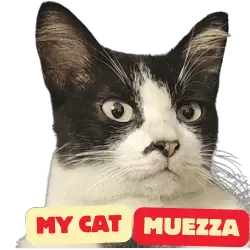
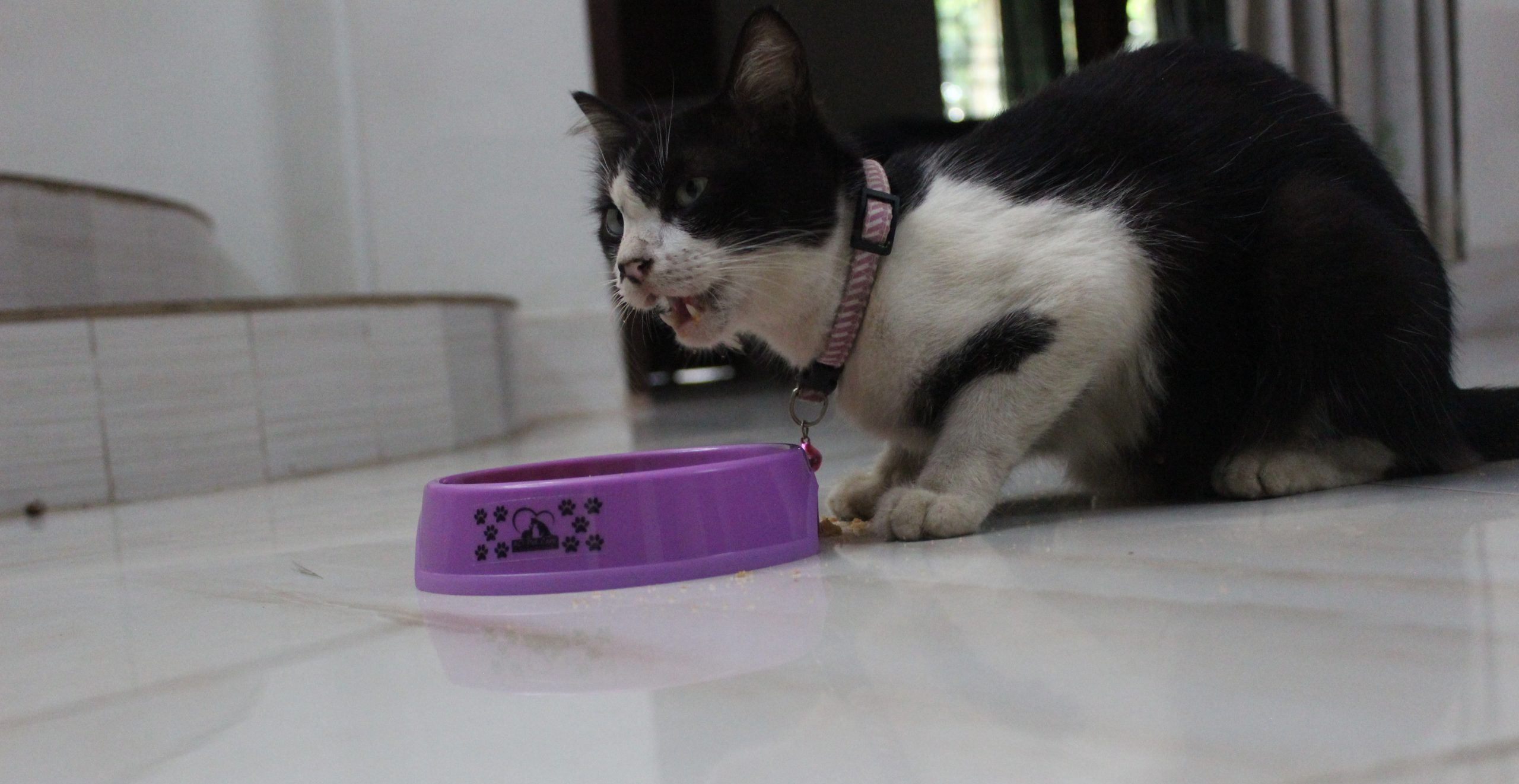
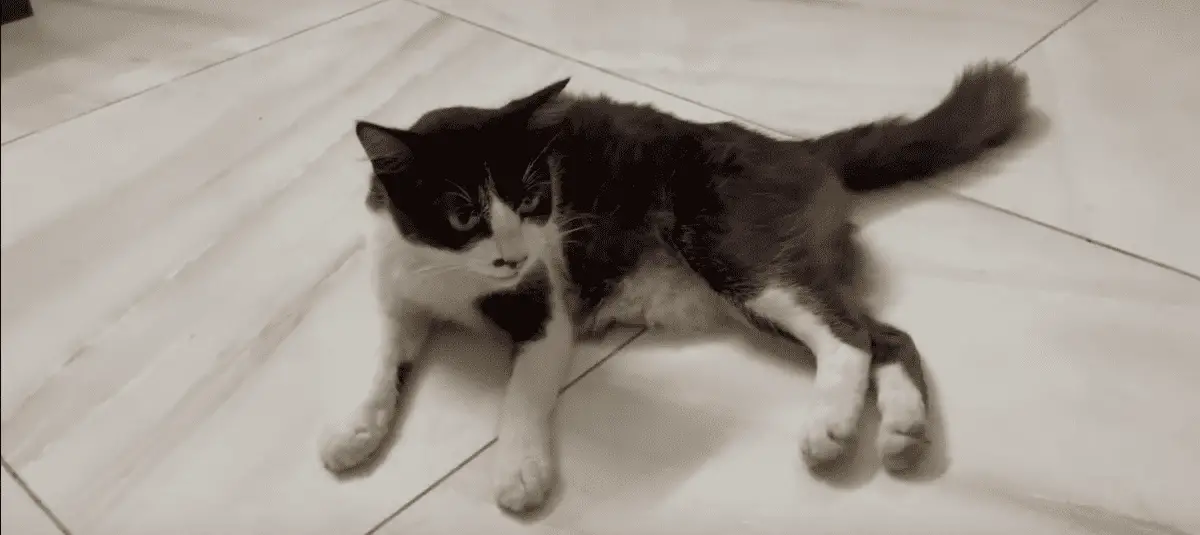
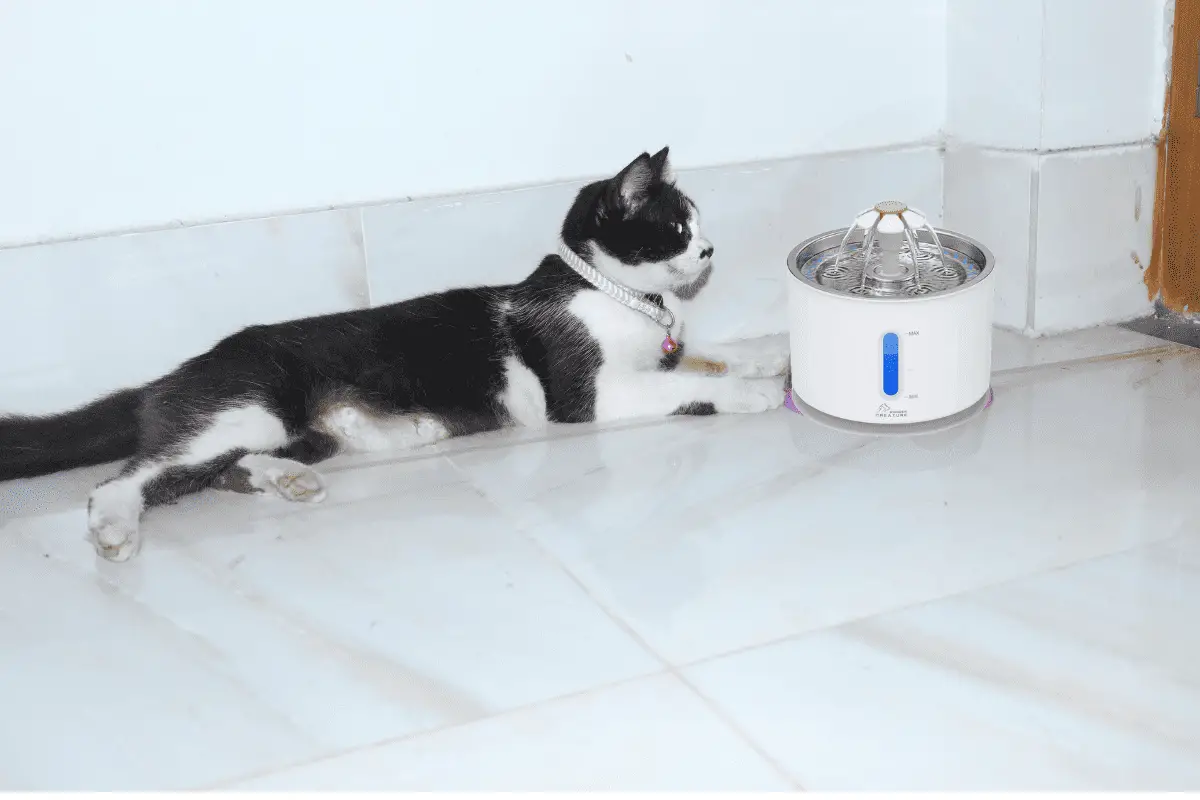
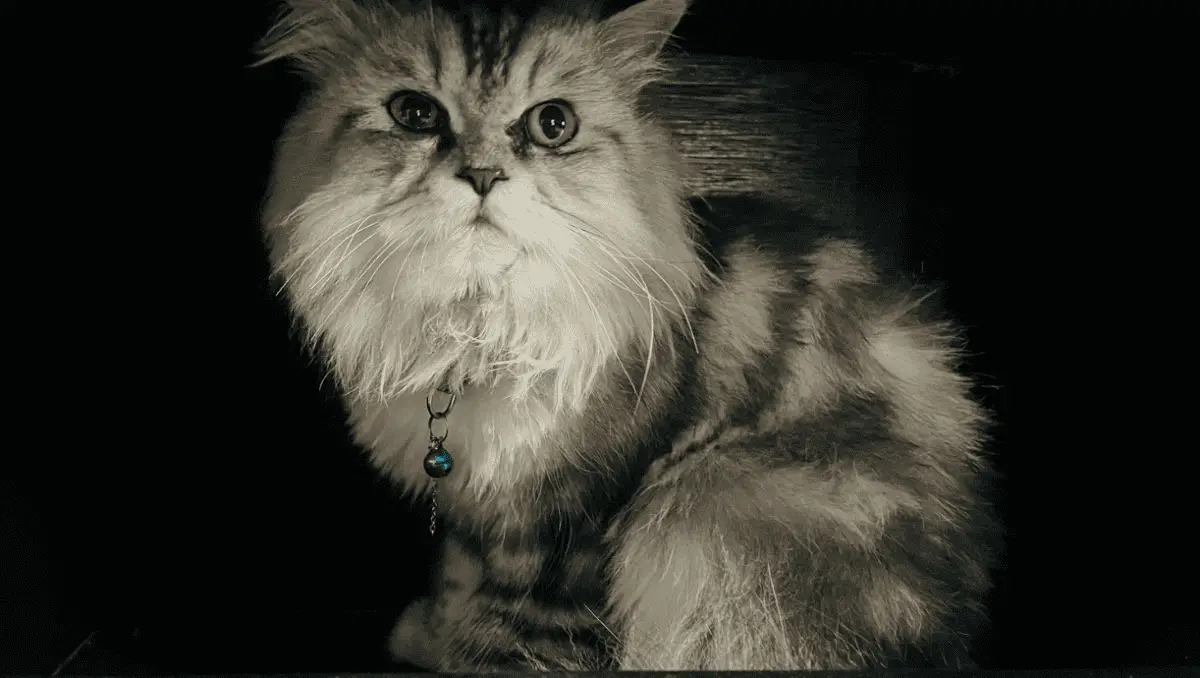

Leave a Reply